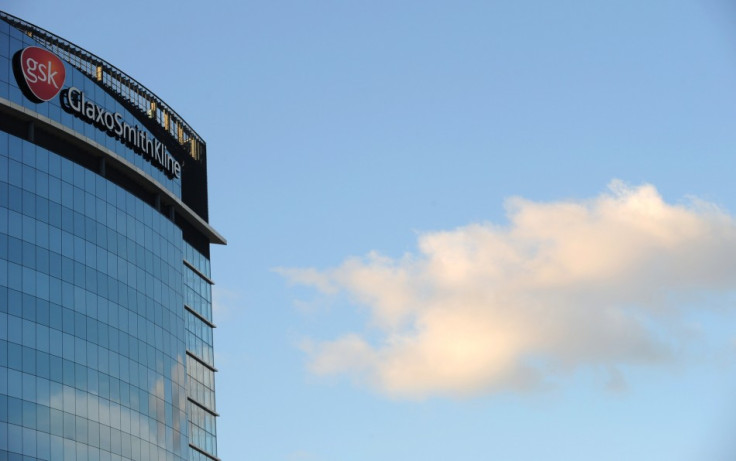GSK Executives 'Admit' Bribery and Tax Violation Charges in China [VIDEO]

China's Public Security Bureau has revealed that a number of executives at the British drug maker GlaxoSmithKline have admitted to criminal charges of bribery and tax law violations.
"After initial questioning the suspects have admitted to the crimes, and the investigation is ongoing," said China's security ministry PSB.
The ministry said that a number of senior executives were suspected of bribing government officials, medical associations, hospitals and doctors to boost sales and prices.
It also alleged that the company had violated tax laws by using fake receipts.
The names or number of executives under investigation was not revealed.
A spokesperson at GSK told IBTimes UK: "We are aware of the statement from the PSB and are willing to cooperate with the authorities in this inquiry.
"This is the first official communication GSK has received from the PSB in relation to the specific nature of its investigation. We take any allegations of bribery and corruption very seriously.
"We continuously monitor our businesses to ensure they meet our strict compliance procedures. We have done this in China and found no evidence of bribery or corruption of doctors or government officials. However, if evidence of such activity is provided we will of course act swiftly on it."
Allegations
The British drugmaker, which is one of the world's largest pharmaceutical companies, was already under investigation in China for alleged economic crimes and price-fixing.
Police in the south-central Chinese city of Changsha were reportedly investigating high-level Chinese staff at GSK on suspicion of economic crimes.
Chinese authorities have visited the company's sites in Beijing, Shanghai and Changsha.
Earlier in July, an alleged whistleblower from GSK said that the company's China staff bribed doctors with cash and other rewards for prescribing Botox.
The staff were asked by local managers to use their personal email addresses to negotiate the sale of Botox. In these personal emails, sales staff reportedly discussed rewarding doctors for prescribing Botox with cash payments, credits that could be used to meet medical education requirements and other perks.
The company has denied the allegations and said it would investigate.
There were also reports that GSK was being investigated by China's National Development and Reform Commission (NDRC) as part of its probe into 60 firms over alleged price-fixing by foreign companies to the pharmaceuticals industry.
The NDRC says it has evidence that the companies sold products at high prices in China and their prices have increased about 30% since 2008.
The Chinese government is trying to ensure food and drug safety in the country after scandals such as contaminated milk powder and rat meat sold as mutton surfaced. Premier Li Keqiang, who took office in March, has pledged to root out consumer abuses by big companies.
© Copyright IBTimes 2024. All rights reserved.






